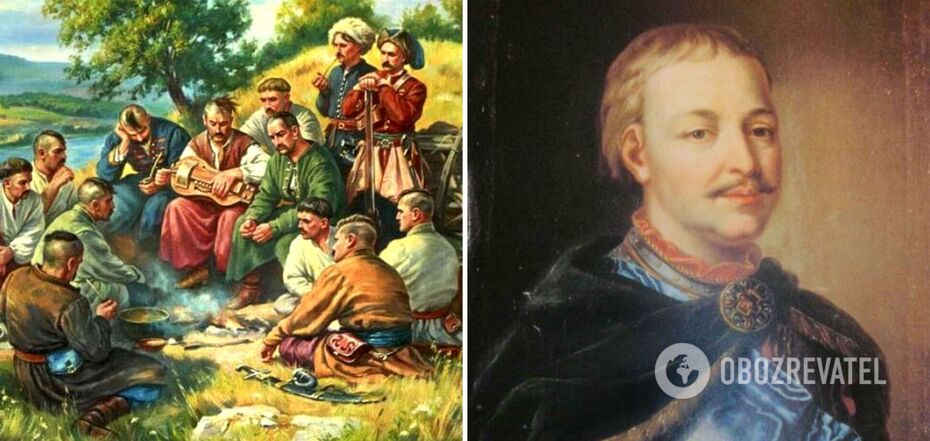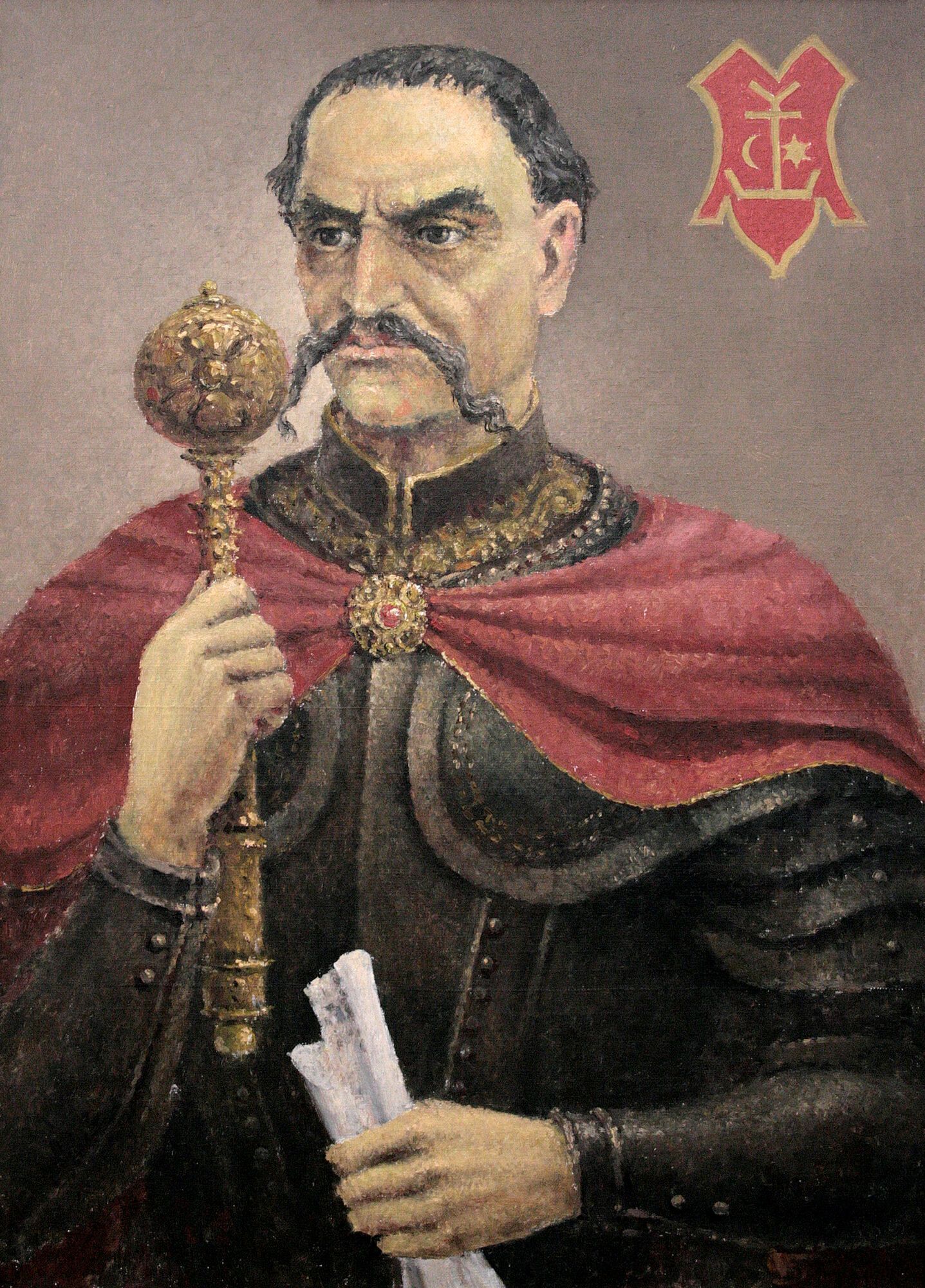News
Cossacks drank a lot of vodka, and Mazepa was Casanova and a traitor: three historical myths that are not true
For centuries, the Russians have been encroaching on our land and history, claiming that the world community did not recognize Ukraine as a Cossack state in the 18th century. For years, the Soviet government also showed us the image of illiterate Cossacks who, in trousers and embroidered shirts, allegedly only drank vodka and ate dumplings, and described Hetman Mazepa as a traitor from birth.
So what were the Cossacks and Hetman Mazepa really like? OBOZ.UA will try to debunk three of the most common myths imposed by Russian propaganda.
Myth 1: The world community did not recognize Ukraine as a Cossack state in the 18th century
A map drawn by a German cartographer in 1716, which is on display in the Treasury of the National Museum of History of Ukraine, reads "Ukraine, the land of the Cossacks." This map also shows territories even larger than the borders of modern Ukraine, including parts of modern Belarus and Russia that were part of the Ukrainian lands of that time.
This shows that world powers recognized the existence of Ukraine as a separate state at the time.
Myth 2: The Cossacks were uneducated, drank a lot of vodka, and were spendthrifts
Many Cossacks, especially those who were in the senior ranks, were well-educated, often studying at the Kyiv-Mohyla College. Hetmans also usually spoke 5-7 languages.
During the period of military operations, Cossacks were forbidden to drink alcohol, and were severely punished for it. A soldier who drank alcohol during a campaign could even be executed. In their free time, the Cossacks, of course, drank alcohol, in particular vodka, but its composition was different from the modern one. There is evidence that Bohdan Khmelnytskyi treated his ambassadors to warm fruit vodka. It was probably liqueurs, although they were called vodka at the time.
The wealthy Cossacks indeed lived in luxury, but they were also generous philanthropists. They allocated significant sums of money for the construction of churches and monasteries, support for education, and so on.
In their free time, the Cossack elite invited musicians and held banquets. They also attended concerts, theatrical performances, and nativity scenes. The Cossacks were also fans of religious literature.
Myth 3: Mazepa was Casanova and a traitor
Historians do not have convincing evidence of Hetman Ivan Mazepa's romantic relationships. Some of the stories about him are exaggerated or completely fictional. For example, the story of Mazepa's mistress in the Polish-Lithuanian Commonwealth. Allegedly, when this woman's husband found out about her betrayal, he punished Mazepa by tying him naked to a horse and sending him to the Ukrainian steppes. Physically, this would have been almost impossible as a person would not have been able to cover such a distance without water, food, and appropriate clothing. This story, although it became popular among contemporary artists, making Mazepa enter European history as Casanova, was more of a legend.
Another story related to his goddaughter Motria is also unconfirmed. There are only ambiguous letters that may hint at love, but it is possible that they were forged too.
There is evidence of a relationship between Mazepa and Anna Dolska, who helped him negotiate with the Swedish king. However, whether this was a romantic relationship or just a cover for secret political negotiations is not clear.
Hetman Ivan Mazepa is portrayed as a traitor in Soviet and Russian historiography. However, for Ukrainians, his figure evokes different emotions.
Mazepa rebuilt many churches and monasteries, religious and educational institutions in Ukraine at his own expense. He was also a good diplomat and maintained relations with the leaders of different countries.
Mazepa supported Peter the Great in the early stages of his foreign policy. When the war with the Swedes broke out, the hetman asked Peter the Great for help, but he refused. Mazepa found himself in a difficult position: on the one hand, Peter I, who had violated a written agreement on assistance, and on the other, the Swedish king, with whom he could have made a deal.
Mazepa was a wealthy and influential person at the court of Peter the Great. By refusing the support of the Moscow tsar, he received nothing but lost his property, status, and authority. Mazepa began to support a part of the Swedish army at his own expense in the hope of their victory over Moscow. Unfortunately, however, the Swedish army was defeated near Poltava, and Mazepa and the Cossacks were forced to flee to the city of Bender in Moldova. He died there at the age of 70.
After these events, the Cossacks' democratic rights and independence were completely suppressed by Moscovia. Ukraine lost the ability to elect its own hetman.
Pylyp Orlyk wrote that Mazepa chose this path for the sake of his state. He chose the respect of his people, not the respect of the tsar, and paid a very high price for it.
Only verified information is available on OBOZ.UA Telegram channel and Viber. Do not fall for fakes!




























